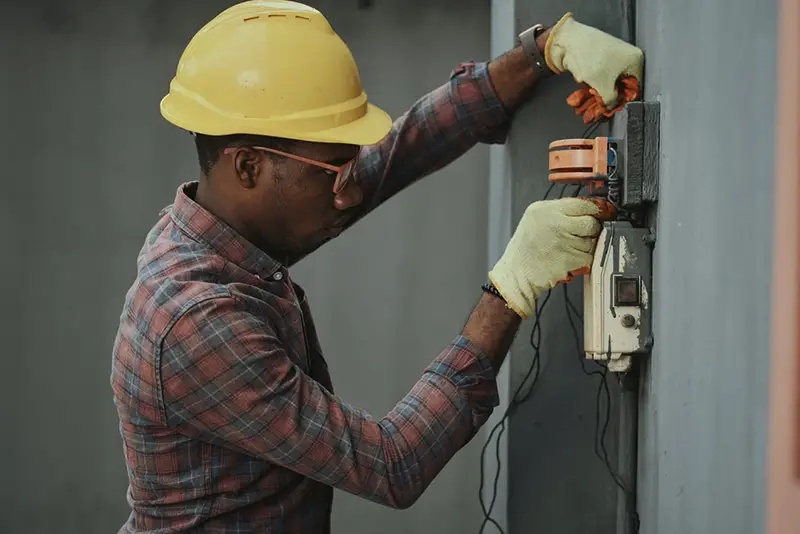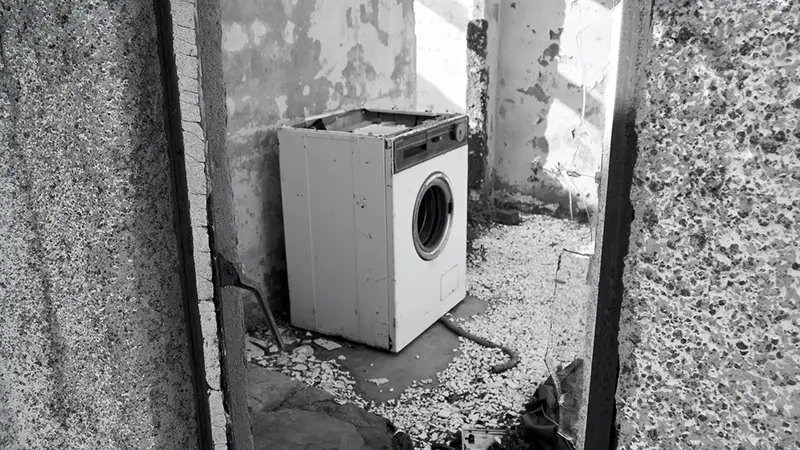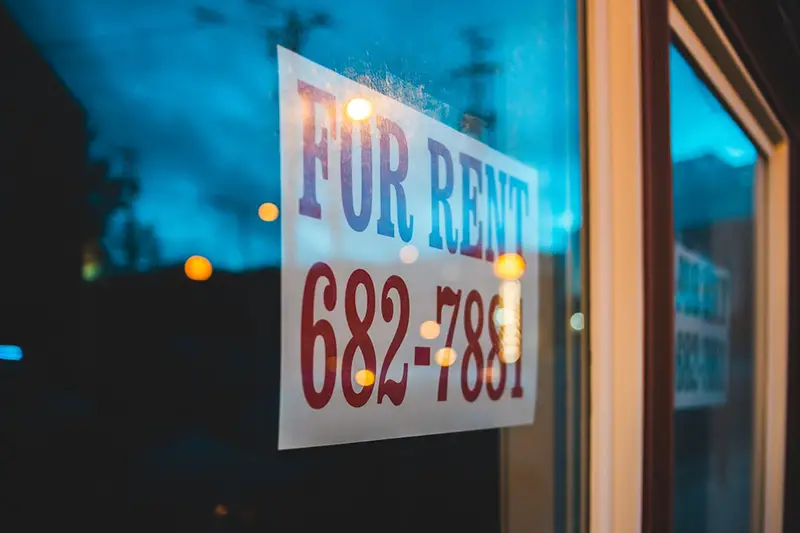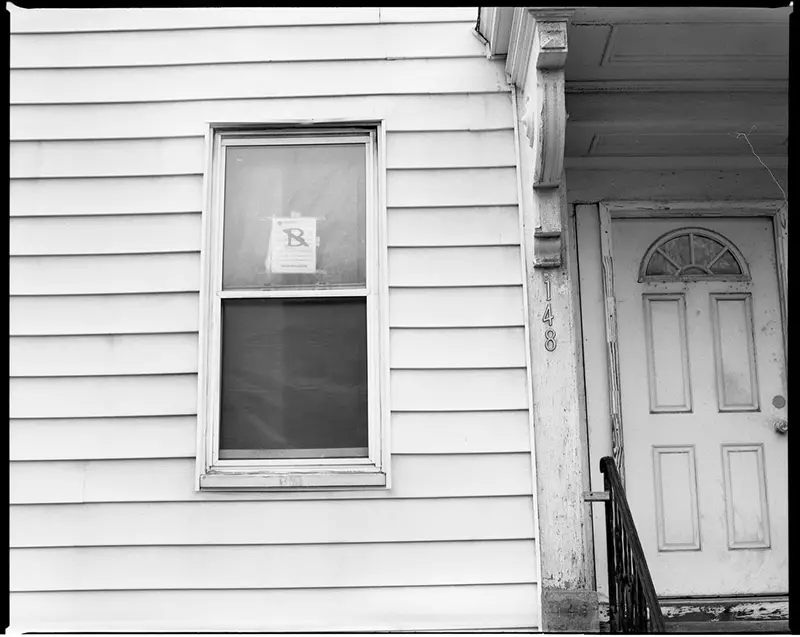Click here to get this post in PDF
There is a fairly common misconception that landlords are all rich people who don’t care about their tenants, don’t do anything to help, and only care about collecting money. People think being a landlord is a quick way to get rich or that there is no real work involved.
In reality, being a landlord is a tireless job that requires being able to juggle multiple problems simultaneously. Being a landlord often means dealing with emergencies and phone calls day and night. Here are a few realities of what it is like to be a landlord.
1. Property Maintenance
It is the obligation of the landlord to maintain the property regardless of what happens or how much it costs. You are liable for the property and anything that happens to it. As a homeowner, if something breaks and you don’t have the money to fix it right away, you can put it off until you have the extra money.
As a landlord, you have to fix it because other people live there. The tenants may choose to go to the courts and pay their rent into escrow if problems aren’t fixed immediately. A landlord may be calling for electrical circuit upgrade in Albuquerque while at a family dinner because they need it set up as soon as possible.
2. Unseen Expenses
Appliances are one of the many unseen expenses for landlords. Apartments that come with a refrigerator, microwave, dishwasher, washer, dryer, stove, and garbage disposal do not cost more than apartments that don’t, but they are more likely to get rented. It is in the landlord’s best interest to provide appliances. However, tenants can then abuse them, misuse them, refuse to clean them, and when they break, the landlord has to replace them.
When the tenant moves out, the appliances are destroyed, the landlord has to replace them. That money is not built into the rent. It is an extra expense that the landlord has to pay out to keep the apartment rented. A landlord may have a standing contract for Honolulu appliance repair to ensure their apartment appliances are always working properly.
3. Wide Range of Knowledge
A lot goes into a successful rental business, and even when hiring services out, the landlord needs to understand everything that is required. This means learning how to make many of the repairs, do bookkeeping, learn the laws about their properties, and market their available units. The more a landlord can do themselves, the more money they can save their business.
4. Legal Issues
There are a lot of legal issues that arise when owning rental properties. When tenants don’t pay their rent, the landlord can not force them or immediately throw them out. The landlord must go through the proper legal channels that can sometimes take several months. While working on evicting the tenant, they are receiving no rent.
However, the landlord still has to pay the mortgage on the property and any utilities they are responsible for so that money that comes out of their business is not recouped. It is money they lose. Often when being evicted, tenants will do things to damage the property, which must be fixed and cleaned before it can be rerented, which means more money spent that isn’t recouped.
Owning residential rental property can be profitable, providing a great long-term investment. However, it is not a passive income, and there is much work involved. There is also a lot of frustration with owning a rental property that you need to be prepared for. If you are interested in buying a rental property, it is best to talk to landlords in your area and find a mentor who can help you through the process.
You may also like: What is Subletting? Tips for Landlords, Tenants, and Subtenants
Image source: Unsplash.com




